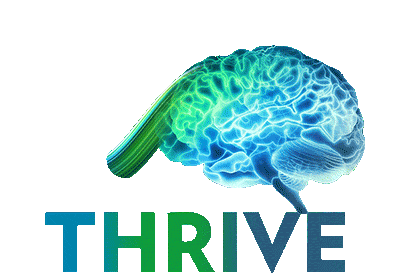This activity is provided by Med Learning Group.
This activity is supported by an independent medical education grant from Jazz Pharmaceuticals.
Copyright © 2026 | Med Learning Group | All Rights Reserved | Website by Divigner
This activity is supported by an independent medical education grant from Jazz Pharmaceuticals.
Copyright © 2026 | Med Learning Group | All Rights Reserved | Website by Divigner

